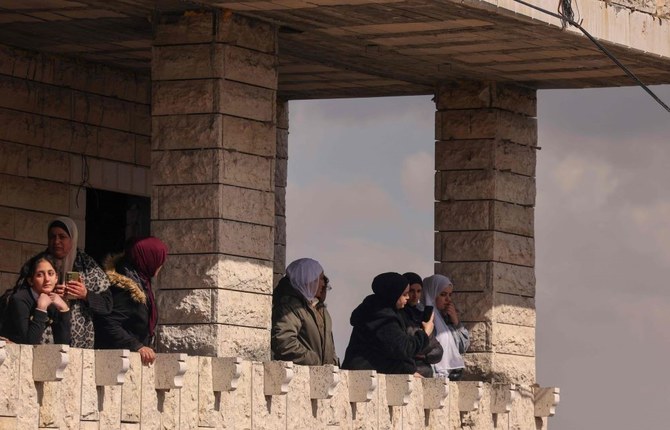
GENEVA -- News that Myanmar has the world’s largest number of casualties from landmines and unexploded ordnance “is only part of the story of the military junta’s attacks on people with disabilities in Myanmar”, UN experts said today.
“The junta is doubling the impact of its extensive use of landmines to crush nationwide resistance. Not only is it forcing civilians to walk in mine-affected areas in front of its military units, it is blocking victims’ access to critically important aid, including medical care and prosthetics. This is absolutely contrary to Article 11 of the Convention on the Rights of Persons with Disabilities and Security Council Resolution No. 2475,” the experts said.
“Now amputees are being forced into hiding to avoid harassment and arrest as a missing limb has become a source of suspicion that they are part of the resistance. Losing a limb is a challenge anywhere, but in Myanmar an amputation is being seen as evidence of a crime,” the experts said.
The experts called on UN Member States to strengthen and coordinate measures to weaken the military junta’s capacity to attack Myanmar civilians. They urged all parties to the conflict in Myanmar to immediately stop laying landmines and begin removing them without delay. Their call follows the release of a new report by the International Campaign to Ban Landmines on 20 November, which showed that there were more than 1,000 new landmine victims in Myanmar in 2023, more than in any other country.
The experts said the report findings were horrific, but the reality for landmine victims and their families in Myanmar was even worse. “I was heartbroken talking with a young woman who had lost her leg after stepping on a landmine near her home. But I was infuriated when her doctor told me that she had no hope of securing a prosthesis because junta forces were blocking access to the materials necessary to build one,” said Tom Andrews, UN Special Rapporteur on the situation of human rights in Myanmar.
Andrews has initiated a research project on the impact of the military coup on persons with disabilities in Myanmar. He plans to release his findings in a special report in 2025.
*The experts: Tom Andrews, Special Rapporteur on the situation of human rights in Myanmar; Heba Hagrass, Special Rapporteur on the rights of persons with disabilities.
Endorsed by: Committee on the Rights of Persons with Disabilities
The Special Rapporteurs, Independent Experts and Working Groups are part of what is known as the Special Procedures of the Human Rights Council. Special Procedures, the largest body of independent experts in the UN Human Rights system, is the general name of the Council’s independent fact-finding and monitoring mechanisms that address either specific country situations or thematic issues in all parts of the world. Special Procedures’ experts work on a voluntary basis; they are not UN staff and do not receive a salary for their work. They are independent from any government or organization and serve in their individual capacity.
UN Human Rights, country page – https://www.ohchr.org/en/countries/myanmar
For inquiries and media requests, please contact: hrc-sr-myanmar@un.org.
For media inquiries related to other UN independent experts please contact John Newland (john.newland@un.org) or Safa Msehli (safa.msehli@un.org).
Follow news related to the UN’s independent human rights experts on Twitter: @UN_SPExperts.








